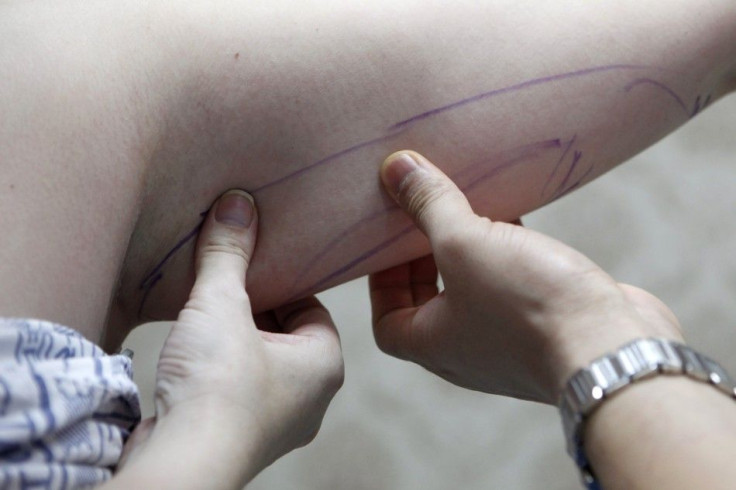Is Medical Tourism the Future of Healthcare?

How far would you go for affordable dentistry work, a hip replacement, or plastic surgery? The high cost of healthcare throughout the world has caused millions of patients to cross international borders to receive healthcare in a growing trend called medical tourism.
Even though it's just catching on, medical tourism isn't new. In fact, it's been around hundreds of years. In the past, many patients looking for better quality care would travel to the U.S. or other Western nations for treatment. However today, researchers are finding a reverse trend in medical tourism, where Westerners, particularly Americans, are going oversees to countries like India and Korea for more affordable care.
According to Treatment Abroad, most of the surgeries done overseas are non-emergency or elective procedures. Popular treatments include dentistry work (crowns, veneers), plastic surgery (breast augmentation, liposuction, facelift), and elective surgeries, such as laser eye surgery and hip or knee replacement.
Medical tourists in most cases aren't sacrificing quality for value. For example, Wockhardt Hospitals in India have an exclusive agreement with Harvard Medical, which gives the hospitals access to cutting edge research. Many hospitals abroad are also certified by the U.S.-based Joint Commission and staff doctors trained in the U.S. or UK.
Deloitte Consulting estimates that 1.6 million Americans will travel abroad to receive medical treatment in 2012. According to KGI Securities, 33 percent of medical tourists are from America, followed by China (29 percent), and Japan (18 percent). Most American patients travel either just across the border to Mexico or fly across the globe to Asian hubs, such as India. Of those American patients, 86 percent said they would travel overseas again for healthcare in a 2009 Medical Tourism Association survey.
There's no denying the value in traveling internationally for a procedure. In the United States an average hip replacement would cost about $43,000. This same procedure in Singapore or Thailand would cost as little as $12,000 and $9,000 in India.
There are, however, risks associated with traveling abroad for medical care. After returning home, patients won't be able to have the same contact with their surgeon, in case of complications or infections. The U.S. government also warns potential medical tourists of the different malpractice laws in each country.
Medical tourism isn't just good business for overseas hospitals, but also for countries' overall tourism industry. The Medical Tourism Association found that in 2009, almost 83 percent of patients traveled with a companion and that 90 percent of patients or companions engaged it tourism-related activities.
Today, over 50 countries worldwide have recognized medical tourism as a national industry. The three leading countries in Asia for medical tourism are Singapore, Thailand, and India. These three countries comprised 90 percent of the medical tourism industry in Asia in 2008, according to the World Health Organization.
Singapore: Healthcare in Singapore is considerably more expensive than in Thailand and India; however on average, it's still 50 percent cheaper than in the U.S. There are 15 Joint Commission-accredited hospitals in Singapore. Singapore is a good option for first time medical tourists as the country is largely developed and an overwhelming percentage of the hospital staff speaks English.
Thailand: More than 1.5 million foreign patients are treated in Thailand annually, although large amounts are expatriates. The number is staggering considering nearly a decade ago, the country had no medical tourism industry. The industry has been praised for bringing more tourists and jobs to Thailand, but also criticized for taking away needed medical professionals from local hospitals.
India: In many cases, India is one of the cheapest medical tourism destinations. The country has great hospitals at an amazing value, with 13 Joint Commission-accredited hospitals throughout the subcontinent. Many medical tourists choose Apollo Hospitals, which has four JCI-accredited locations.
© Copyright IBTimes 2024. All rights reserved.





















